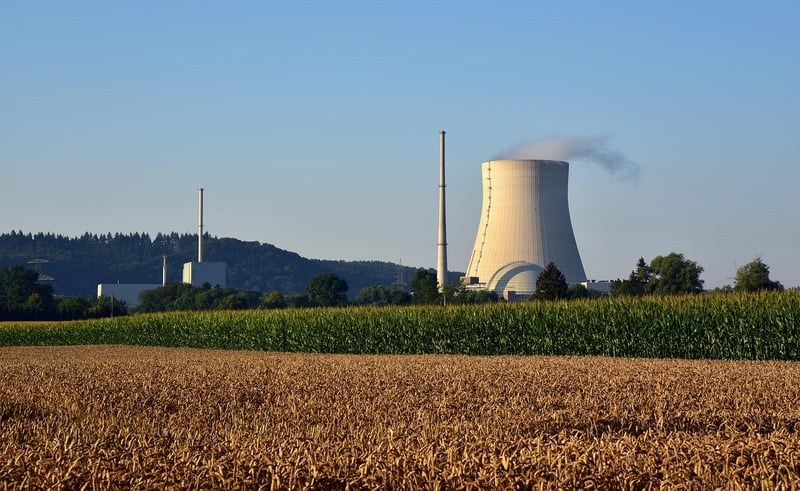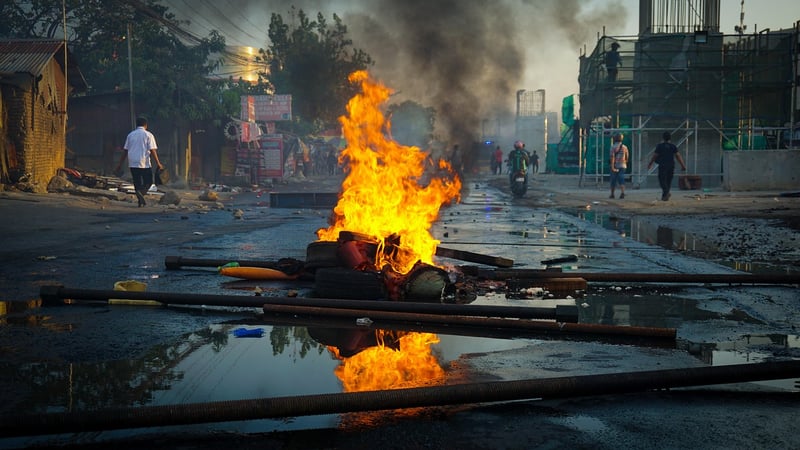Prevent Disasters
How Altering Timelines Can Help Prevent Disasters
Time travel, a concept often explored in science fiction, has long fascinated humanity. While the ability to physically travel through time remains purely theoretical, the idea of altering timelines to prevent disasters is a thought-provoking concept. Let's delve into how this hypothetical scenario could potentially avert catastrophic events.
Understanding the Butterfly Effect
The Butterfly Effect, a principle derived from chaos theory, suggests that small changes can have significant and far-reaching effects. By altering key events in the past, it is conceivable that we could disrupt the chain of events leading to a disaster in the present or future.
Case Studies of Hypothetical Timeline Alterations
Imagine if historical figures had made different choices. For instance, what if early warnings of natural disasters had been heeded sooner, or if diplomatic conflicts had been resolved peacefully? These alterations could have potentially altered the course of history and prevented disasters.
1. Natural Disasters
By going back in time and influencing decisions related to urban planning, resource management, or early warning systems, we might prevent devastating natural disasters such as tsunamis, earthquakes, or hurricanes.

2. Technological Catastrophes
Intervening in the development of dangerous technologies or preventing accidents in critical infrastructure could avert technological disasters like nuclear meltdowns or cyber-attacks.

3. Societal Crises
Addressing societal issues such as poverty, inequality, or political unrest through altered policies or interventions might mitigate the risk of conflicts, wars, or economic collapses.

Challenges and Ethical Considerations
While the idea of altering timelines to prevent disasters sounds appealing, it raises complex moral and ethical dilemmas. Who decides which events to change? What unintended consequences might arise from such alterations? These questions highlight the intricate nature of manipulating time.
Conclusion
Although time travel remains a work of fiction, contemplating the potential impact of altering timelines to prevent disasters offers valuable insights into the interconnectedness of events and the importance of proactive decision-making. While we may never possess the ability to change the past, we can learn from it to shape a better future.
Explore the power of hypothetical scenarios and the significance of decisive actions in shaping our world!
